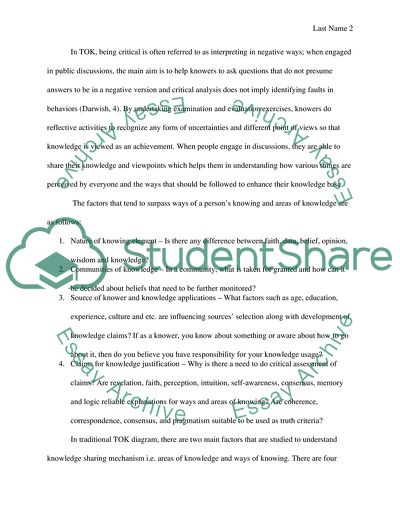Cite this document
(Imagination and Theory of Knowledge Essay Example | Topics and Well Written Essays - 1250 words - 1, n.d.)
Imagination and Theory of Knowledge Essay Example | Topics and Well Written Essays - 1250 words - 1. https://studentshare.org/philosophy/1783635-theory-of-knowledge
Imagination and Theory of Knowledge Essay Example | Topics and Well Written Essays - 1250 words - 1. https://studentshare.org/philosophy/1783635-theory-of-knowledge
(Imagination and Theory of Knowledge Essay Example | Topics and Well Written Essays - 1250 Words - 1)
Imagination and Theory of Knowledge Essay Example | Topics and Well Written Essays - 1250 Words - 1. https://studentshare.org/philosophy/1783635-theory-of-knowledge.
Imagination and Theory of Knowledge Essay Example | Topics and Well Written Essays - 1250 Words - 1. https://studentshare.org/philosophy/1783635-theory-of-knowledge.
“Imagination and Theory of Knowledge Essay Example | Topics and Well Written Essays - 1250 Words - 1”. https://studentshare.org/philosophy/1783635-theory-of-knowledge.


